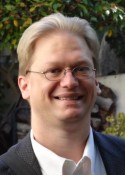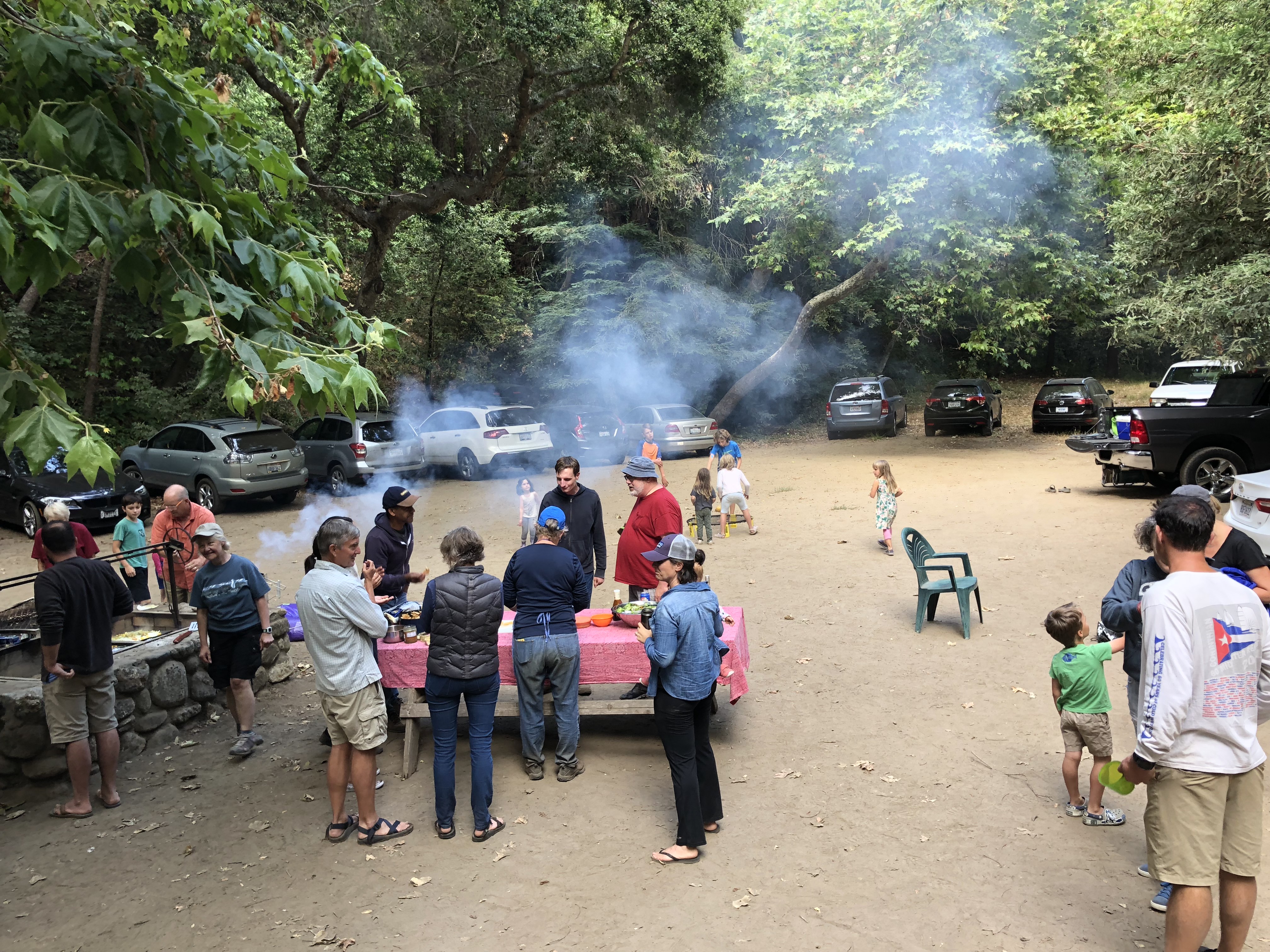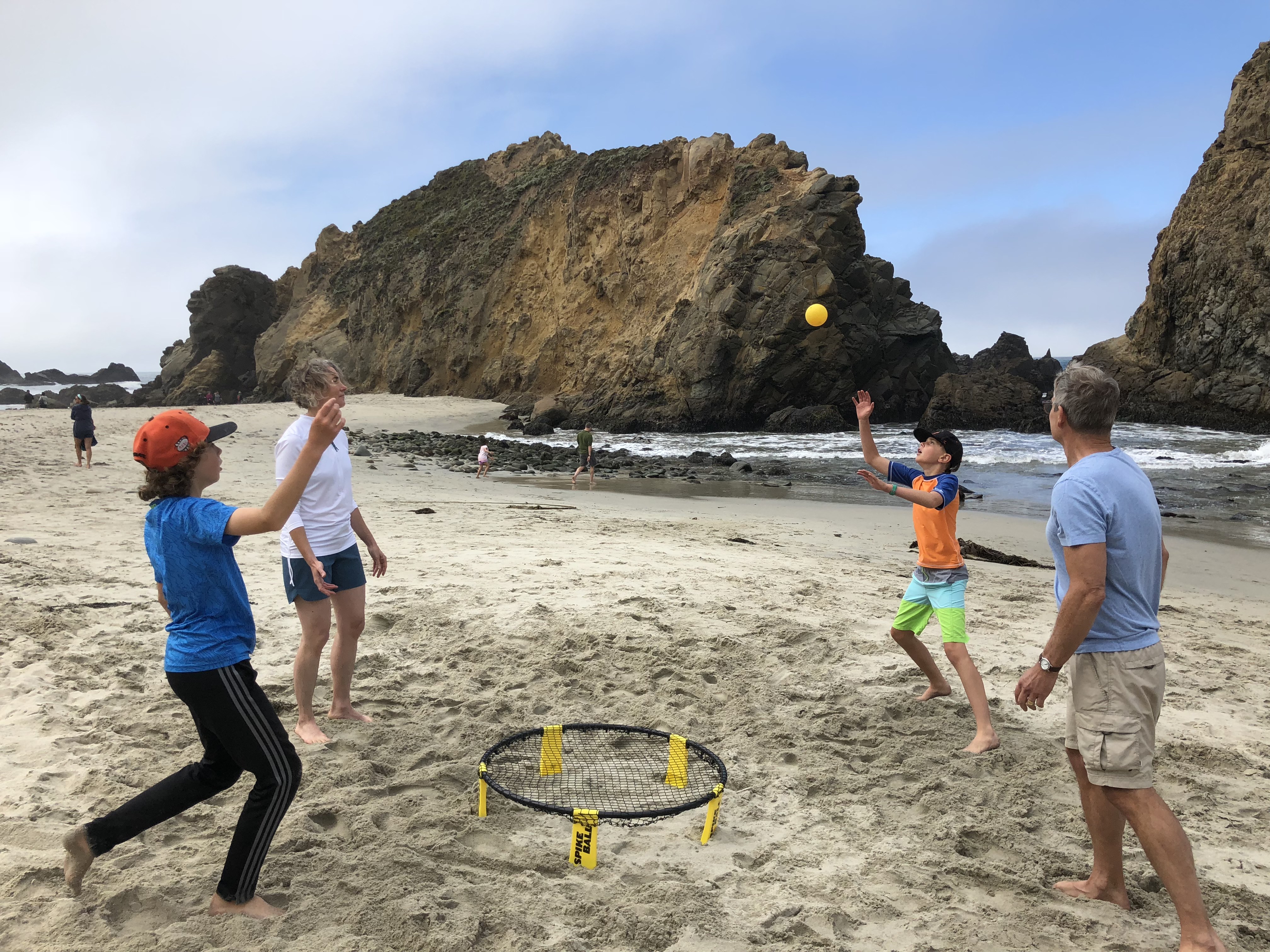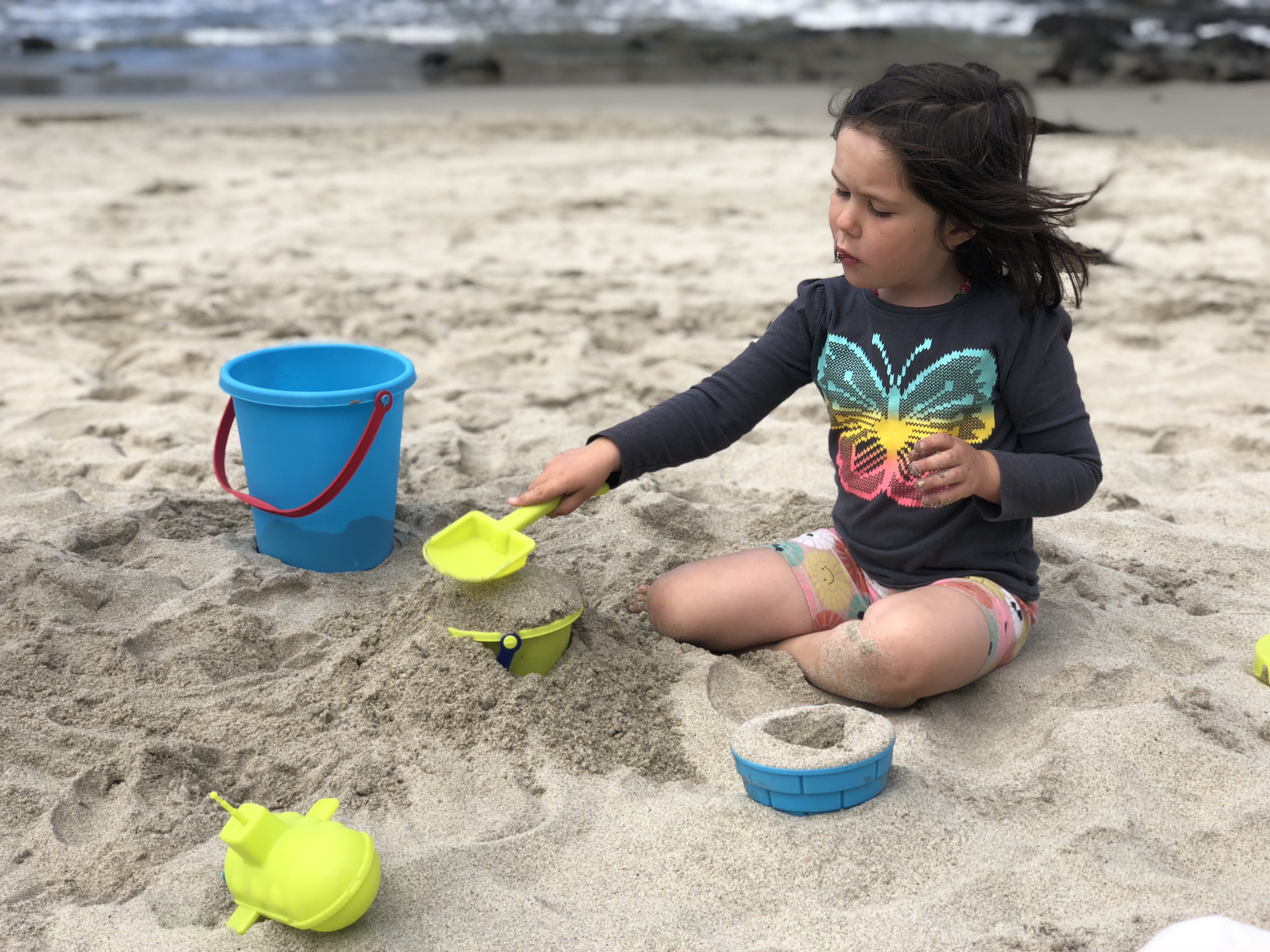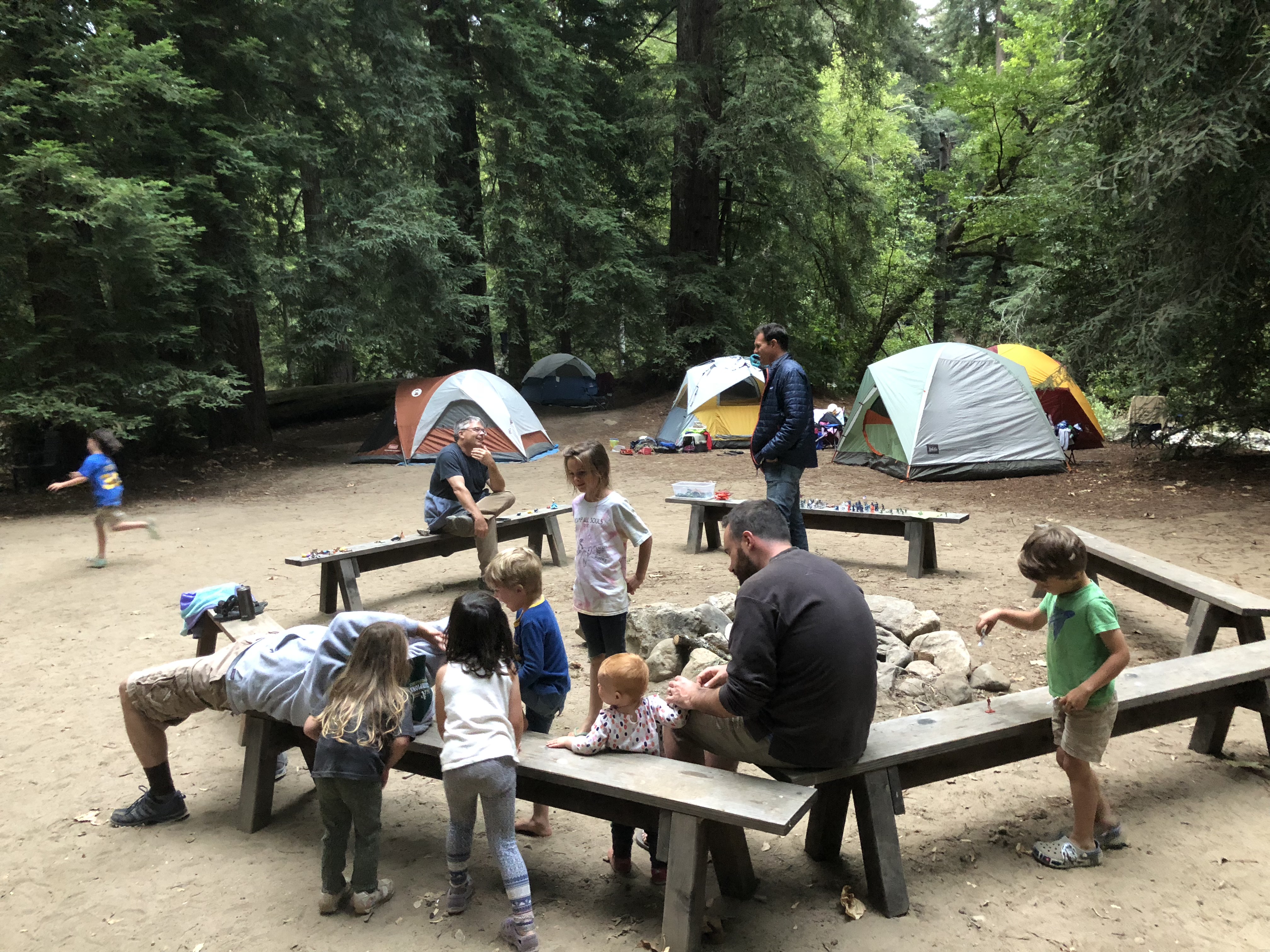From the Senior Warden
Abundance and Gratitude
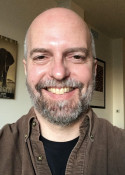
Bob Holum, Senior Warden
Our most recent Vestry meeting was held on Wednesday, July 18, at 7:30 p.m. in the All Souls Common Room. With the exception of one member currently out of the country, all Vestry members were in attendance.
The themes of our spiritual reflection this month included abundance and gratitude—states of mind that are not always easy to cultivate in today’s turbulent world yet which help to remind us of the many blessings and gifts in our lives. Our reflection set the tone for much of what we subsequently discussed in our meeting.
Marilyn Flood presented to the Vestry the important work that our Finance Committee has been doing to help give direction for our emerging 2019 budget and beyond. As I wrote about in the May 24 edition of the Pathfinder, we are reaching a sort of financial crossroads, and we will have some important decisions to make as a congregation about the overall direction we wish to pursue in the coming years. The Vestry, the Finance Committee, and the Stewardship Committee will be sharing more specific information with you in the coming weeks and months.
While the Vestry is convening a task force to review our infrastructure expenditures, to see where we might prudently cut costs or get more value from existing dollars spent, the Vestry was also quite clear that we highly value the staff, projects, and ministries supported by our congregational giving, and that the bulk of our focus should be on determining how we as a congregation might rise to the challenge of continuing to support, nurture, and grow what we already have. The Vestry will be engaged in further conversation and planning with Finance and Stewardship committee representatives in upcoming meetings.
Next, Phil+ updated us on the Parish House Project. We are pleased to report, as you may have heard announced in church, that the Parish House Project received very favorable comments during its preview before the Berkeley Zoning Adjustments Board on July 12. You may view video of the board meeting online; the portion of the meeting addressing our project starts at the 2:25:45 mark.
As discussion progressed, it became clear that board members were broadly in support of the project. Perhaps the most touching feedback offered by one of the board members was that, in his view, we were “really doing the Christian thing” in taking on this nonprofit project benefiting the community. Board members also offered constructive criticism and targeted suggestions for improving the project, which our architects will take into account as we prepare for the second and actual hearing in a few weeks when the project will be officially voted upon.
During this summer, the Vestry has been reviewing our progress on the 2015 strategic plan, with its three-pronged focus on Deep Hospitality, Redevelopment of the Parish House, and Christian Action and Practice. At this point, the specific steps originally outlined in the Parish House strategic goal have essentially been achieved. As the Parish House Project progresses, this will open up room to begin contemplating, for example, new uses for the space currently used for staff offices. We are fortunate to be part of a community whose vitality allows it to envision a bright future for its Christian ministries in this way. Hearkening back to our initial spiritual reflection, we do indeed enjoy abundance in God’s grace, and we have many reasons to be thankful.
Other business included the rector’s report and approval of the previous month’s financial reports. After closing prayers, the meeting adjourned at 9:38 p.m.
— Bob Holum, Senior Warden
Path to Confirmation
“And then I got religion.”

Dr. Sarah Baker Kellogg, religion getter
It had been four years since I’d seen my dear friend from grad school, a fellow anthropologist who had left academia some time ago for the sake of health, happiness, and finding a life. I’d just filled him in on four years of drama that hadn’t made it on to Facebook, finishing with the climactic announcement: “…and then I got religion.”
In my effort to explain how I went from being an anthropologist of religion and secularism who was hyper-critical of Christianity to confirmation in the Episcopal Church, I said half-apologetically: “it’s all anthropology’s fault. Studying secularism … just made my secularity collapse. I couldn’t do it anymore. I couldn’t be that way anymore.”
“You don’t need to explain,” he said. “I know exactly what you mean.”
We spoke tentatively, sheepishly, each wondering how the other would react to our admissions—would he find me foolish (or worse, an apologist for Empire)? Would she think I’ve gone off the deep end (or worse, joined a cult)? As we shared our experiences, our changing thought processes, our deepening sense of faithfulness not to a set of propositional truth statements about the nature of reality but to a way of being in the world, he paused, still unsure of whether, as an Episcopalian, I could handle the big reveal:
“I talk to spirits.”
My friend, you see, had reconnected with his Mediterranean grandparents’ folk Catholicism, in which the intercessory power of saints and spirits and ancestors were as real as the laptop I’m typing this on. He was absolutely convinced of the healing power of these spirits, because they had healed them, although at that point he was not yet fully convinced that I wouldn’t run screaming out of the room when he told me.
I paused, and thought for a moment. “Technically, the Episcopal Church still does exorcisms,” I said. “It’s a big tent.”
“And anyway,” I continued, “I don’t care. I mean, I’m thrilled for you. It sounds healing and wonderful and I’m so happy you’ve found this. But the question of whether spirits are real or not, and whether you’re weird for believing in them…it just isn’t a question that matters to me.”
I was not always so open. I was, for a very long time, extremely secular in how I understood religion. There was a time when I would have run screaming out of the room. This is in keeping with the history of secularism, which, it turns out, is the history of creating ever finer distinctions between “real religion” and “superstition,” of policing boundaries and purifying forms, of being on the look out for thinking the wrong things about what we cannot see. In learning this history, I came to a life-changing realization: these habits of thought are based not only on an unfounded notion that it is possible to verify or falsify the immaterial, the supernatural, the spiritual (or whatever limited language we come up with to gesture inadequately beyond our imagination) but that they are also founded on a kind of impossible language of transcendence.
The notion of transcendence is this idea that there is an in-here and an out-there, and that these are two separate places. This dualistic notion is fundamental to certain politically and culturally powerful understandings of what counts as “good” religion and what counts as “bad” religion. “Good” religion is private, unobtrusive, and does not misattribute agency to non-humans. What my dear friend was revealing to me was something I once would have called “very bad religion.”
I wouldn’t now, and the reason I wouldn’t is the same reason I came to be confirmed in the Episcopal Church.
While the full story could fill an entire book, I think something pivotal happened in the moment I began to grasp the limits of “secular” ways of doing and being religious. This language of transcendence stopped making sense to me. That is when I stopped caring about questions of the decidability of the Divine, or whatever you want to call the immanent presence that fills my life with grace and love. That presence cannot be verified or falsified and it doesn’t need to be. To me, it doesn’t matter. What matters is what it (It?) calls me to do and who it calls me to become. It doesn’t matter whether or not the spirits my friend believes in are real. What matters is that in finding himself through a complex set of relationships and commitments, he is healed. Perhaps this makes me a little too syncretistic to be properly Orthodox (and I’m sure I’ll hear from my theology professor friends about it if that is so!), but it will take some persuading to get me to see why I should care. What I care about are the healing relationships made possible by that immanent presence, the relationships that shape and continually reshape me, and how these relationships call me to respond. This healing and these relationships didn’t so much Give Me Religion in the sense of a grand idea that swept over me, as much as they Brought Me to Church, in the sense of giving me a space and a place to stand, to speak, to listen, to act with a sense of responsibility for what I’ve inherited, and a blythe indifference to any kind of question of whether the power that makes it possible for me to keep on living is real.
Poetry Corner
On Piano Practice
I sit at my so-called “piano” and tryto make my ten fingers act lively and spry
They pound and they gallop, run off on their own
they play the wrong rhythm, they play the wrong tone.
My forearms are shaky, my back has an ache,
I think that it’s time for a ten minute break.
The sweat of my fingers has made the keys stick,
which is all just as well, cuz I think that I’m sick.
Sick and tired of practicing, never to play
any better than I did the very first day.
I should give up right now and then go watch TV!
A life in the arts, it just isn’t for me.
My triplets are fuzzy, the quarters too long
and besides that I think that I just hate this song.
What kind of a nerd plays this stuff, anyhow?
This isn’t the music that’s popular now.
And just so to show that I never will make it
I’ll go through once more- after that, I can’t take it.
Well, it sounds better now- that’s just ‘cuz I don’t care,
and I worked really hard on the passage right there.
And this part’s too easy, that’s why it’s so lame.
Oh, and I never did notice these parts are the same.
Now here at the end, I always miss that,
where the right middle-finger rolls off the B-flat.
See- I made it right through! Like I knew that would,
when it comes to piano, I’m better than good.
I told you! I said, “I’m a natural whiz”
I’m exactly (I think) what a “prodigy” is.
Did you hear every note? Let me play it again.
I’m a nine-point-eight-six on a scale up to ten.
Just think how I’d be if I practiced some more,
I could play for an album, or go out on tour!
What’s that? I should try the next piece in my book?
Well, how hard could it be? I’ll just give it a look.
Three flats. Well, that’s different, but shouldn’t be bad,
and the meter’s in six- which is something I’ve had.
But this intro is hard, with the stretch in the bass,
and my right hand is flopping all over the place.
Now I know I was right when I said I’m no good,
I just want to quit and I think that I should.
It’s just wasting time to teach me how to play
I’ll never get better. “He’s hopeless,” they’ll say.
See, I’ve done these two measures like seventeen times.
I’m sure I’ll be punished for musical crimes.
Please don’t make me keep trying, it’s hurting my head.
Can’t you see that I’m crying? I’d rather be dead!
I hate the piano! What a stupid device!
Plus, my wrists are enflamed- I think I need ice.
Not to mention, it’s hot- and this room has no fan.
Just once more? Okay. I’ll see if I can…




